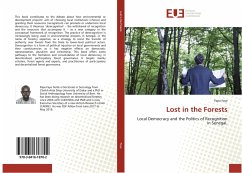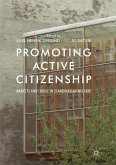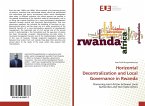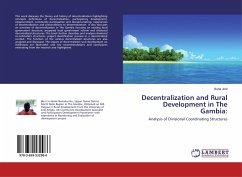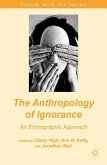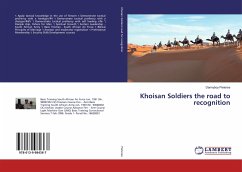This book contributes to the debate about how environmental or development projects' acts of choosing local institutions (choice) and granting them resources (recognition) can promote or undermine local democracy. It theorises 'derecognition' - the withdrawal of recognition and the resources that accompany it - as a new category in the conceptual framework of recognition. The practice of derecognition is increasingly being used in environmental projects in Senegal, in the name of forestry expertise, as a strategy to resist the transfer of authority over forests from the State to lower-level political actors. Derecognition is a form of political injustice on local governments and their constituencies as it has negative effects on democratic representation, pluralism and citizenship. This book offers some pathways to the formation and consolidation of local democracy in decentralised, participatory forest governance. It targets mainly scholars, forest agents and experts, and practitioners of participatory and decentralised forest governance.
Bitte wählen Sie Ihr Anliegen aus.
Rechnungen
Retourenschein anfordern
Bestellstatus
Storno

